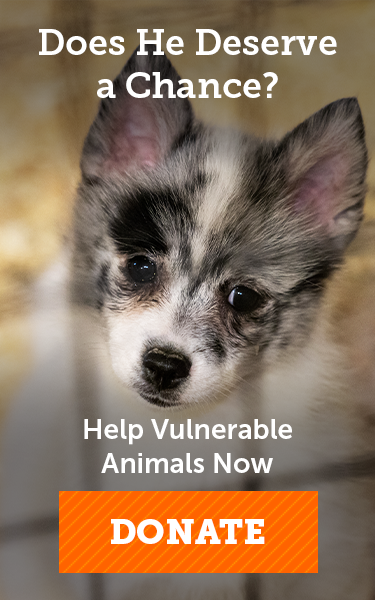
Pets and Produce: Top Tips on Vegetable Garden Safety

Whether you’re a small-time container gardener or you own a full-fledged plot packed with vegetables, you’re not alone! Vegetable gardening is a popular hobby, especially in the warmer months. It can be a wonderful way to grow fresh, healthy snacks for yourself—and for your pets. However, the ASPCA Animal Poison Control Center (APCC) wants to make sure you’re prepared to keep your furry friends safe this growing season with these easy tips.
Keep Out!
It may be best practice to put up a low fence to keep your pet (and other animals) out of your garden. Dogs love to dig—and they don’t know the difference between digging up a barren patch of dirt versus your prize pumpkin. Cats are also notorious for using gardens as their own personal litter boxes.
Some forays into the garden can be not only destructive, but dangerous. Garden products like pesticides and herbicides can cause serious harm to your pet. Dogs also love to eat fertilizer and compost that—while healthy for your garden—will just give your pet an upset stomach.
Paws Off!
It can be mystifying when some vegetables are poisonous in certain circumstances, but perfectly healthy in others. For instance, did you know that tomato plants and unripe tomatoes are toxic? The plant and small green tomatoes contain tomatine, which can cause vomiting, weakness and even heart issues. But as the fruit grows, the level of tomatine decreases dramatically, so ripe tomatoes make for safe, non-toxic treats. Similarly, raw potatoes may be problematic for your pet, but cooked potatoes are fine in moderation.
Steer clear of any veggies in the Allium genus, such as onions, garlic and chives. When eaten in sufficient quantities, they can damage the red blood cells of dogs and cats and cause serious health concerns. To ensure that your garden is pet-friendly year-round, you can consult APCC’s full list of toxic plants.
Who Wants a Treat?
The following garden staples can be fed as snacks (in moderation) or baked into yummy goodies for your pets:
- Carrots
- Celery
- Zucchini
- Peas
- Beans
- Ripe Tomatoes
- Cooked Potatoes
You might even consider growing some catnip for your feline friends. So get your gloves on and have a great (and safe) growing season!
Also, for easy to access information concerning potential pet dangers, consider downloading the APCC mobile app today!
If you suspect your pet has been exposed to any poisonous substances or ingested something dangerous, contact your veterinarian or call Animal Poison Control Center (APCC) at 888-426-4435 immediately.
